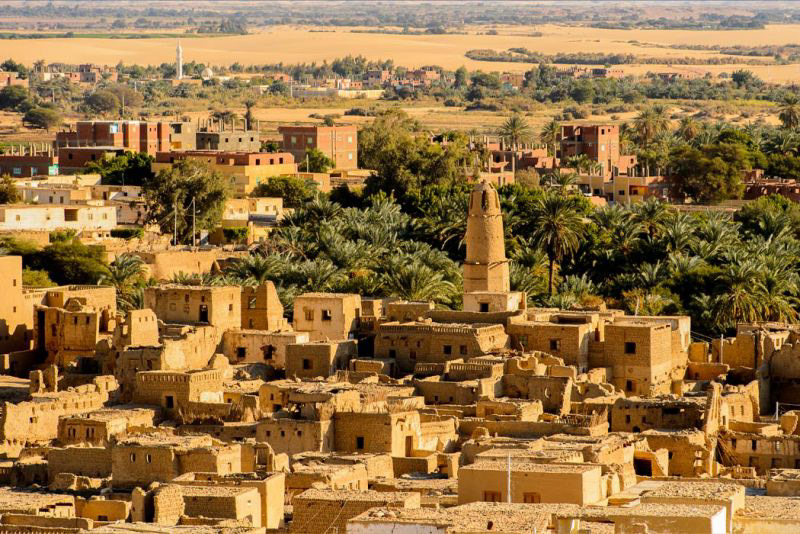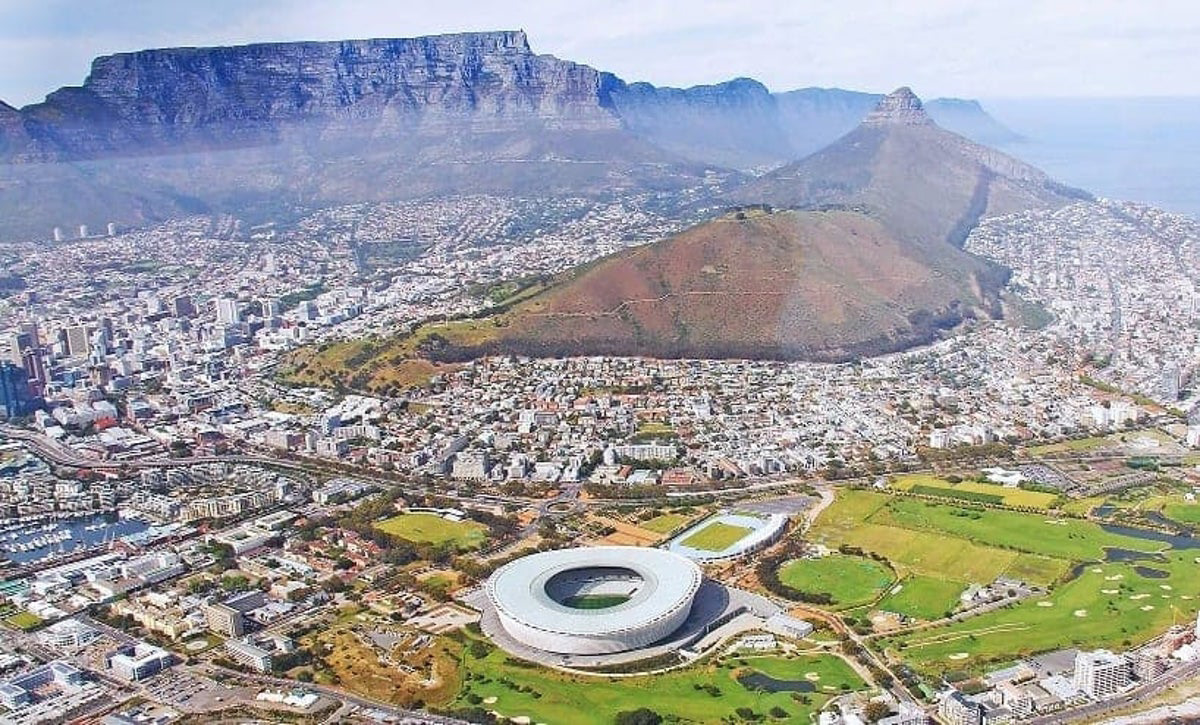Water is completely engrained in the Islamic tradition and religion. Similarly, water is integral in desert settlements and life. The oasis settlement governed by Sharia is exemplary of a society that is governed both ideologically and geographically by its relationship to water. The precarious position that oases are constantly navigating is the usage and management of water, the substance that governs life in an oasis society. The Rashda Settlement in the Dakhala Oasis region is an example of an oasis that has balanced water usage and distribution using both cultural mechanism and formal mechanisms to manage water and adapt to water shortages, drying springs, and over usage from wells (Kato 2016). While water shortages, droughts, and desertification are putting more and more communities at risk as climate change raises temperatures and affects moisture and water distribution around the globe, the state of insecurity is what defines the oasis (Winslow 2004). Arcanjo (2018) maintains that cities across the world suffer from water insecurity because of climate change. The changing climate results in increased average temperatures and prolonged dry weather periods. The first major city that has contended with a complete depletion of their water supply is Cape Town. In December of 2017, reservoirs were projected to be completely depleted within the year which lead to a massive governmental effort to reduce water consumption by installing tariffs on excess water usage and shift the public’s perception of acceptable water usage. This paper is interested in bringing these two societies with radically different cultures and relationships with water into dialogue. To do so, Rashda and Cape Town will be conceptualized as institutions via the Vincent and Elinor Lin Armstrong IAD framework (McGinnis). With water as the foundation for Sharia and the oasis as a setting in constant water insecurity, the Islamic oasis will be considered as the standard of an adaptive society. Rashda’s forms of water management and adaption will be used to form a critique of Cape Town’s water management. The goal of the study is to bring Rashda, a settlement where water is at the heart of its growth and success, and Cape Town, one of the first cities to contend with the possibility of completely depleting its water due to drought cause by a changing climate into dialogue thus arguing that the ongoing recovery of Cape Town’s water crisis was done by shifting its relationship to water to resemble characteristics of the Islamic oasis.

https://www.memphistours.co.uk/Egypt/Egypt-Travel-Guide/Egypt-Oases/wiki/Dakhla-Egypt-Destinations
